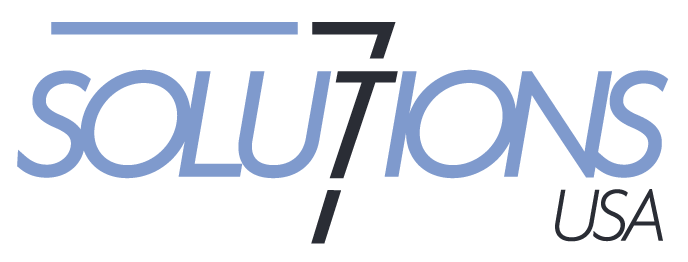Job Interview Results – Job Search Results
Part #1
The past seven years has offered no sure thing with job interview results.The pre-recession hiring practices by hiring managers are gone out the window.The pre-recession salaries have also gone through an evolution.However the approach of the job hunter somewhat remained the same.
So what changed?
The new hiring norms:
- The anxiety of the new norms yet to be discovered including too many business and economic unknowns by hiring authorities is contributing to uncertainty with the results and expectations of the hiring process.
- Organizations routinely hire a limited number of employees and ask them to do many more tasks and have more overall knowledge than ever before.
Competing candidates:
- Currently there are many candidate options of all types pursuing the same job.
- This includes a group who in the past may have been in the near-retirement category but are still competing for jobs.
- In the past a candidate who is very diverse, intelligent, talented, with above average communication skills would more than likely get an offer.
- Currently employers have a much more narrowly focused approach to the hire. The focus could include wanting a subject matter expert in a certain industry, subject matter expert in certain processes, and a subject matter expert in a certain career path with little deviation that may be considered a hybrid career path.
- Employers are still looking at “The Big Picture” when hiring, but that big picture at times has gotten smaller. In the past the big picture could include succession planning, building a management team, and the potential future direction of that employee. At times the big picture could be all about immediate needs of a certain group, their behaviors, lack of production, cost or loss, and who can fill many gaps and wear many hats.
How to address the hiring change?
A multiple tier job search approach:
- A narrow or obvious approach that focuses on your last job and/or previous experience which could be a competitor or vendor of your last or current employer is one approach.
- This approach would include submitting to a similar industry, job title, and job environment. You can then be considered the subject matter expert in several categories.
- The vendor approach that focuses on vendors that provided your employer products or services or customers who purchased your employers products or services is always a target.
- Consider the synergy approach that focuses on industries that have a connection to your career path such as different types of FDA regulated products, food, medical device, and/or pharmaceutical.
- Give consideration to the out-of-the-box approach. With technology changes industries have hiring needs that requires them to hire different types of professionals than in the past. Do your homework with this approach.
What job search habits to change?
Your presentation – job search approach:
- Know what resume formats are popular and being used by your competitors. If you do not know what your competition is doing then you will get left behind.
- Do not allow the reader of your resume to assume anything such as who your employer is and what products or services your current or last employer provided.
- Keep in mind there are two ways a resume will be seen: 1) the readable resume when you submit to a reader and 2) the searchable resume that you have posted in a database. Key search words are important.
- Read many job descriptions and be aware of the industry standard power words for your career path.
- Read other resumes in your industry and career path and make note of the power words they are using. Main stream industry power words will complement your readable and searchable resume results.
- Carefully evaluate the job titles you are using. Some employers will label you with a creative job title not identified as an industry standard title and may distract or miss-lead the reader.
- Submit a resume that speaks clearly to the details of the job description. Refrain from submitting a general resume that only identifies what you think are important accomplishments.
- If you decide to submit a cover letter, consider providing quantitative information that may set you apart from other candidates. Let the reader of your cover letter see and compare your quantitative level of responsibility, so they can see alignment with their environment and save everyone time and effort.
